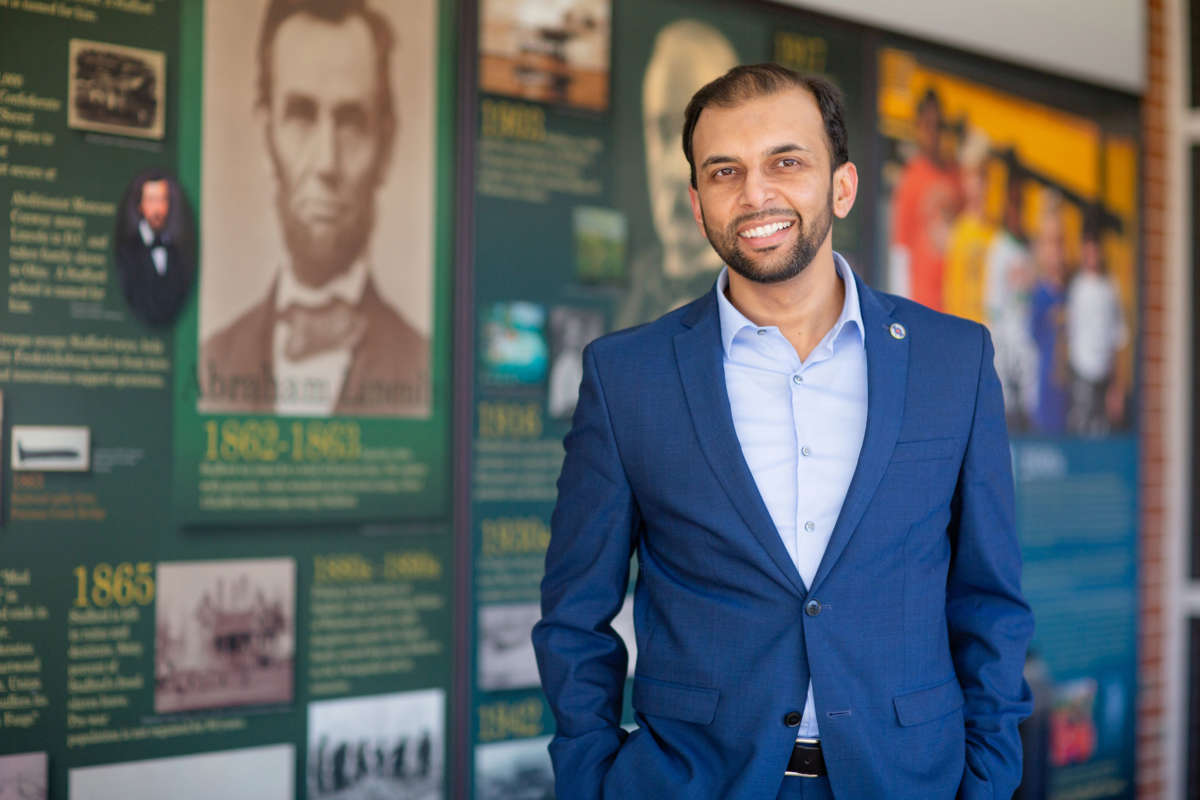Qasim Rashid, a Pakistani-born author, human rights activist and lawyer, won a primary contest Tuesday night to become the Democratic Party’s nominee in the First Congressional District of Virginia.
Fellow Democrat Vangie Williams, who ran for Congress as the party’s nominee in 2018, conceded just after 9 p.m. Eastern Standard Time on Tuesday. Rashid had won about 52.6 percent of the vote, compared to Williams who had garnered around 47.4 percent.
Rashid is the first Muslim ever to win a congressional primary in the state of Virginia. Upon winning the race, the candidate discussed the prejudices he has faced in the past.
“10 years ago a major law firm rescinded a job offer b/c I was ‘too Muslim’ & would ‘make clients uncomfortable,'” Rashid recounted in a tweet after his win. “Last night I became the first American Muslim in Virginia history to win a Congressional primary election.
“That firm has since folded,” he added. “My fight for justice won’t stop”
Providing aid for working families is a big part of Rashid’s platform, including promoting paid family leave and advocating for a raise of the nation’s minimum wage.
While Rashid’s primary win is historic in its own right, taking the congressional seat in the general election this November may prove to be much more difficult. The office is presently held by Rep. Robert Wittman (R-Virginia), who has represented the district since 2007. The district is also considered a “solid Republican” seat by The Cook Political Report, and hasn’t been won by a Democrat since 1976.
There are signs that the district may be shifting, however. In 2014, Wittman won the district by more than 28 points. In 2016, that margin dipped slightly to 23.3 points, and in 2018, when Williams had run against him in the general election, Wittman won the race by less than 11 points.
Wittman is considered a reliable congressional vote for Donald Trump, voting in-line with the president on issues nearly 93 percent of the time. That could prove to be a double-edged sword for the incumbent candidate — if voters in his district are still happy with Trump, it may provide him an easy win yet again this fall. If, however, the district trends in an anti-Trump direction, it could spell trouble for Wittman in his contest against Rashid this year.
Speaking against the authoritarian crackdown
In the midst of a nationwide attack on civil liberties, Truthout urgently needs your help.
Journalism is a critical tool in the fight against Trump and his extremist agenda. The right wing knows this — that’s why they’ve taken over many legacy media publications.
But we won’t let truth be replaced by propaganda. As the Trump administration works to silence dissent, please support nonprofit independent journalism. Truthout is almost entirely funded by individual giving, so a one-time or monthly donation goes a long way. Click below to sustain our work.
